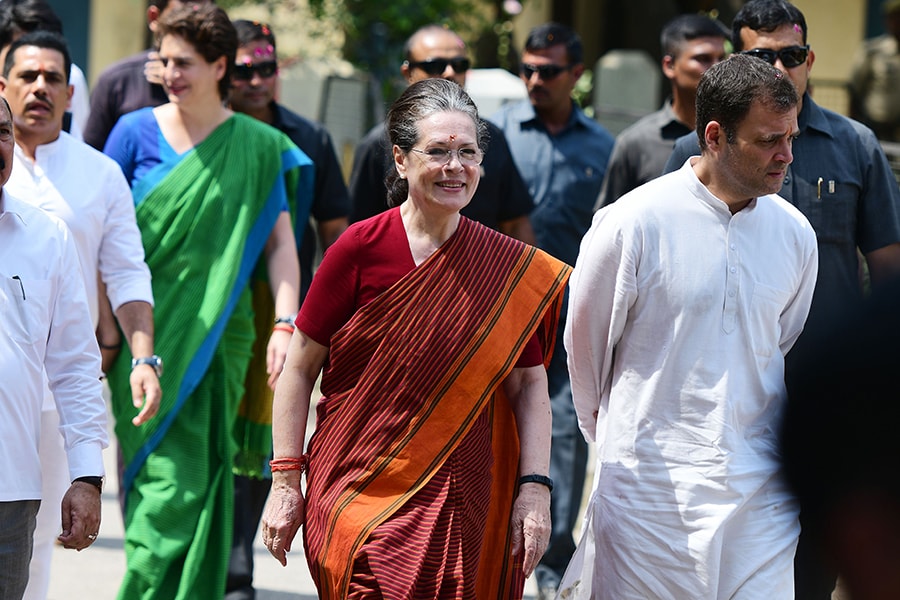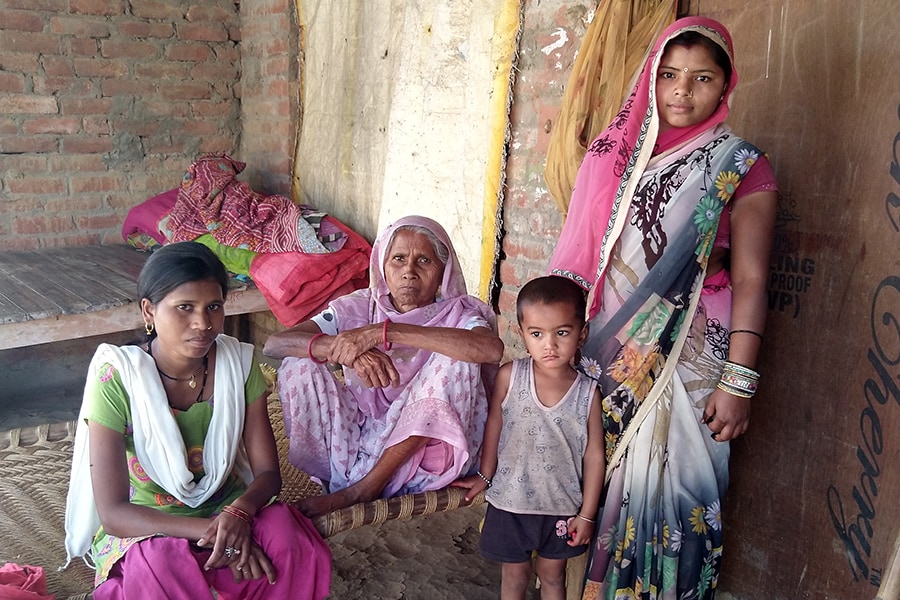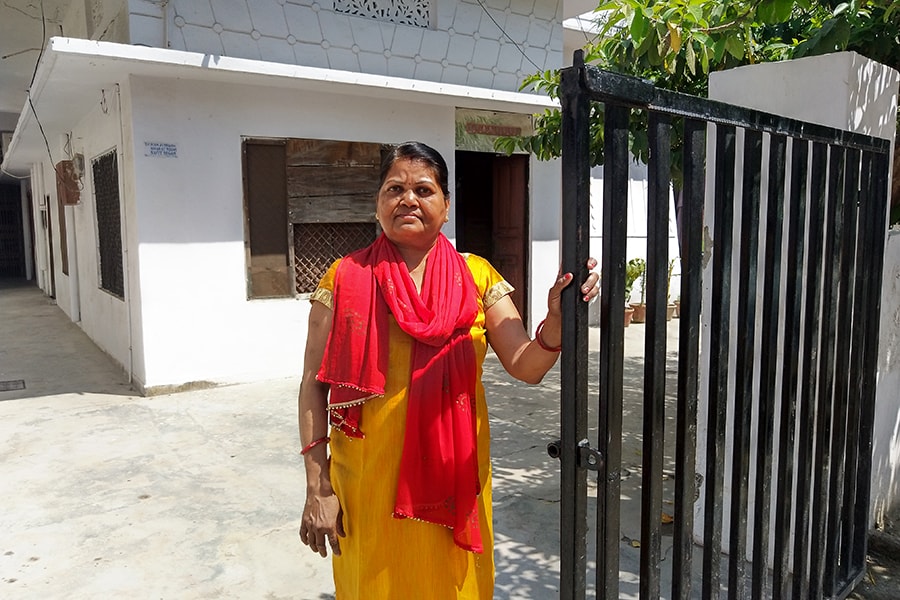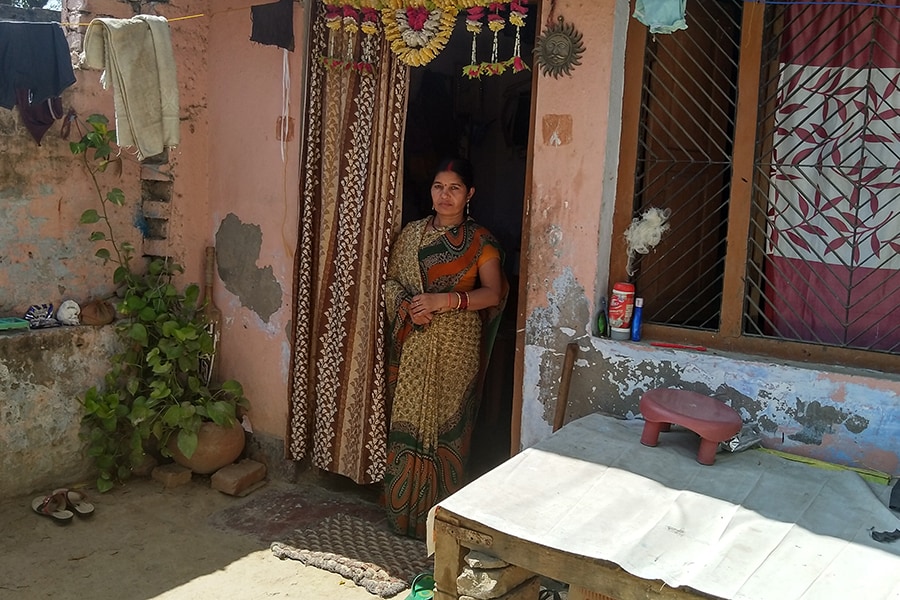
UP Poll Diary, Day 4: In Rae Bareli, 'everyone will vote for the winner'
Despite the MP, MLA and district magistrate of Rae Bareli being women, the constituency has fallen short of providing a better life for economically backward female voters and their families

This general election, the Rae Bareli seat winner seems like a shoo-in. Last Thursday, chairperson of the Congress-led United Progressive Alliance (UPA), Sonia Gandhi, filed her nomination in the constituency after a roadshow and a puja at the two-storeyed Congress karyalay (party office). The 72-year-old politician is seeking re-election from the Rae Bareli seat for the fifth time in a row, for the East UP constituency that goes to polls on May 6.
“The Congress will win this time too, so what’s the point of voting for anyone else? I might as well vote for the winner. So will everyone else,” says Saroj, who lives on the outskirts of the city and works as domestic help. Rae Bareli—which saw the mushrooming of various small and medium-sized industries during late PM Indira Gandhi’s time [she set up electricity lines, textile and carpet industries, sugar mills and thermal power plants, apart from infrastructure and irrigation facilities], seems to have been stalled in its tracks.
Electrification, gas subsidy—a double-edged sword?
“Hamare liye toh kuch nahi badla. Ek ration card tak nahin bana [Nothing has changed for us. I couldn’t even get a ration card made],” says 28-year-old Shanti Paswan from Rae Bareli’s Garhi Mutwalli, explaining that it’s been more than four years since she has been married into the village, but the pradhan or local authorities have not been taken her ration card application forward. Another resident, Kavita, told Forbes India that the pradhan just pays lip-service at local community events and is disconnected with the daily issues people face.
Belonging to the Scheduled Caste (SC) Paswan community, which is towards the bottom of the village’s social hierarchy, Shanti’s small brick home does not have electricity too. However, her family members, mostly agricultural labourers, seem to think that this is a blessing in disguise. Shanti explains that while they got a power connection as part of the rural electrification programme, the bill is always too high, despite frequent power cuts and low energy consumption.
 Seema, Chidana and Shanti Paswan of Raebareli say that increasing daily expenditures are not met by rising income
Seema, Chidana and Shanti Paswan of Raebareli say that increasing daily expenditures are not met by rising income
On the other hand, families in this village have to spend about Rs 750 for refills after receiving free LPG gas connections under the Pradhan Mantri Ujjwala Yojana. “The only reason we are sticking with the gas connection is because the traditional chulha is harmful for health in the long run,” says Seema Paswan, Shanti’s sister-in-law. However, while the expenses keep increasing, income levels are not getting any higher.
‘How will we get the girls educated?’

 Rekha Singh of Rae Bareli believes that instead of direct benefit transfers to bank accounts, leaders should focus on jobs that will provide a permanent income source for families
Rekha Singh of Rae Bareli believes that instead of direct benefit transfers to bank accounts, leaders should focus on jobs that will provide a permanent income source for families Saroj, a domestic help, says that despite Rae Bareli being a VIP constituency, there have been no provisions to improve basic education
Saroj, a domestic help, says that despite Rae Bareli being a VIP constituency, there have been no provisions to improve basic education



